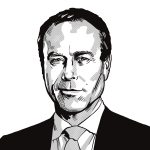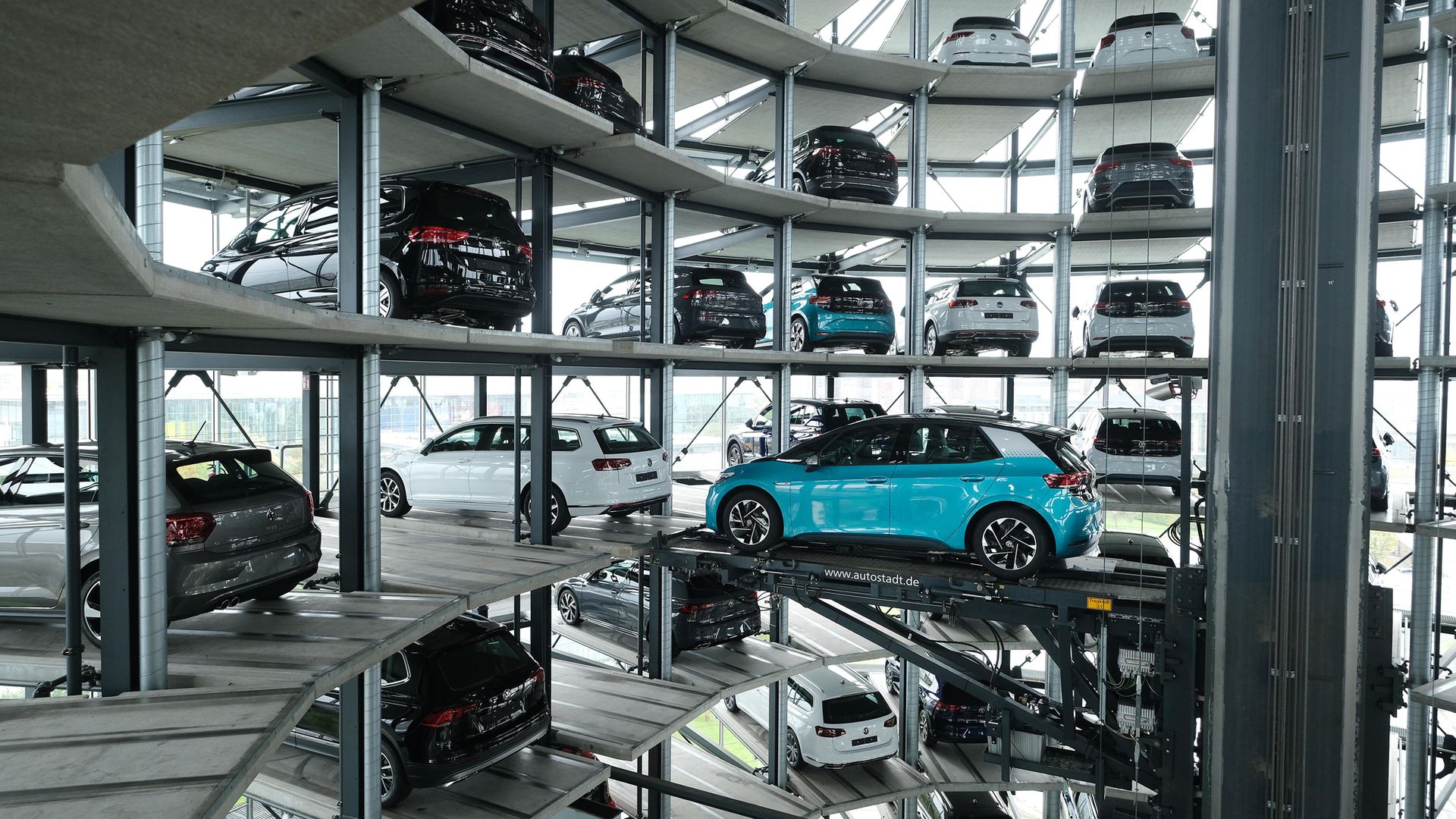
From “Think Small” to “Vorsprung durch Technik”, Volkswagen Group has long prided itself on slick advertising campaigns which resonate with petrolheads. Last month, on the eve of April Fool’s Day, VW executives in the US went the extra mile with an announcement that the German car maker was changing its name to “Voltswagen”.
VW’s shares shot up amid confusion over whether the rebrand was for real or misguided German humour designed to showcase the launch of its new all-electric sport-utility vehicle, the ID4. Gullible journalists who reported the story were furious; regulators signalled they were ready to examine possible market manipulation.
Chris Bryant, Bloomberg’s car industry specialist, commented: “It’s a reminder, that we now live in the meme-stock age where even bad jokes can add or subtract billions of dollars in market value. It’s a minefield for corporate executives to navigate.”
However badly executed, VW’s short-lived rebrand was taking a leaf out of the playbook of Tesla’s Elon Musk. The self-styled Technoking has boosted his company’s share price with a mixture of memes and late night tweets, turning him into a cult hero in the stock market as well as one of the world’s wealthiest businessmen.
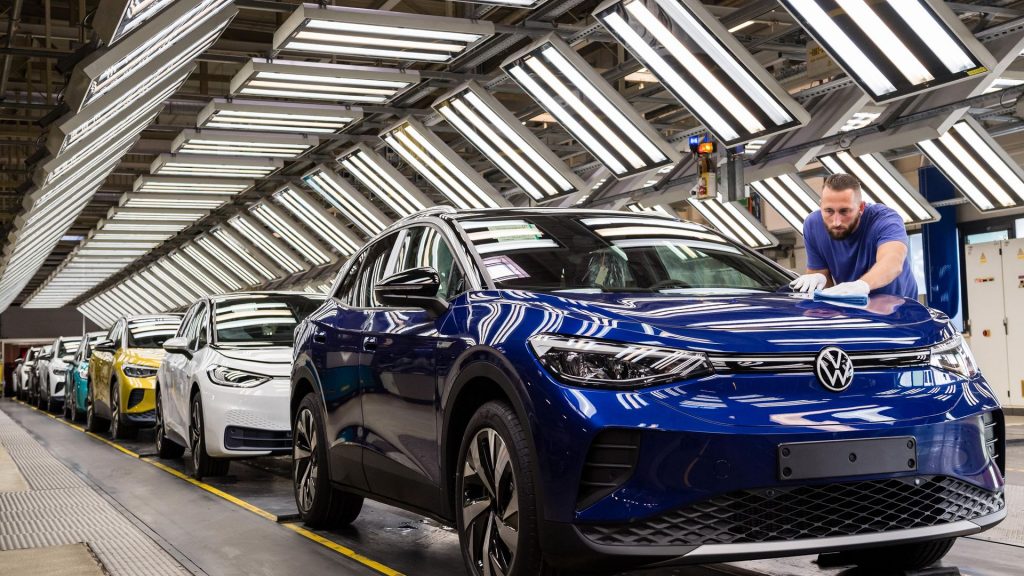
Musk’s market-moving outbursts have occasionally landed him in hot water, notably when he suggested he had plans to take his company private. But Tesla’s soaring share price has also allowed him to raise billions of dollars in cheap funding. That money pays for new factories and products and is a potent threat to established carmakers like Volkswagen.
Yet the notion that VW remains a plodding car giant is as misleading as its own ill-judged marketing campaign. For some time now, under the leadership of its dynamic CEO Herbert Diess, VW has been in the throes of one of the most dramatic industrial transformations in Europe.
VW Group plans to spend around 73bn euros ($88bn) over the next five years on battery power and digitisation. Today, the carmaker is finally witnessing the payoff from its five-year effort to create a standardised platform to underpin dozens of electric models. The goal is to make EVs account for one in every five car sales by 2025.
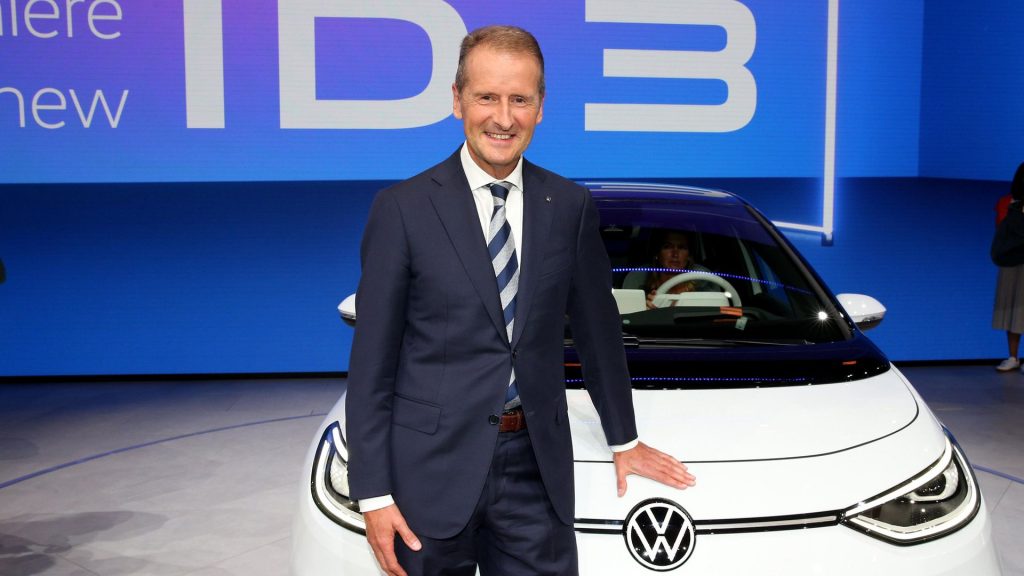
“Many in the industry questioned our approach,” Diess said during a two-hour whizz-bang digital presentation last month from VW’s headquarters in the German city of Wolfsburg. “Today they are following suit, while we are reaping the fruit.” He added: “Our transformation will be bigger than anything the industry has seen in the past century.”
To grasp the scale of change at VW, it is worth stepping back to 2014 when Germany’s top carmaker first became embroiled in “Dieselgate”, one of the biggest scandals to hit the global auto industry.
That year, the US-based International Clean Transportation Council discovered that VW diesel models such as the Audi 3, Beetle, Golf, Jetta and Passat displayed much higher levels of nitrogen oxide emissions than permitted by law, and reported the findings to the Environmental Protection Agency in Washington.
After months of stalling, VW finally admitted that about 11m cars worldwide, including eight million in Europe, were fitted with ‘cheat’ software. This decreased emissions of toxic pollutants during official laboratory tests but increased them once on the road.
The “Diesel Dupe” was a cynical attempt to circumvent tighter clean air legislation. It was compounded by (another) high-powered advertising campaign in the US promoting the virtues of diesel cars. The scandal ultimately cost VW more than $30bn in fines. The repercussions for the brand and the company linger.
This month, VW said it will pursue former chief executive Martin Winterkorn and former Audi boss Rupert Stadler for damages over the company’s diesel cheating software, following a six-year internal investigation, “on account of breaches of the duty of care under stock corporation law”.
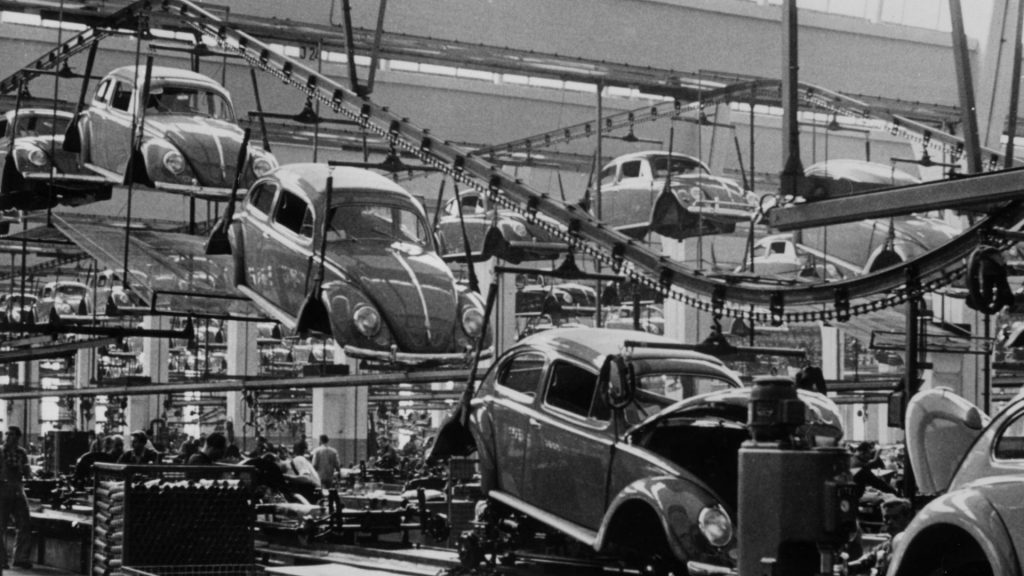
Both Winterkorn, who resigned as chief executive in September 2015 claiming to know nothing about the affair, and Stadler, who remained at Audi but was arrested in 2018, are facing criminal charges in Germany. (The hearing has been delayed because of the pandemic. Both men deny wrongdoing.)
Yet, with hindsight, the Dieselgate disaster served as a catalyst for a fundamental overhaul of the company and its culture, a shift embodied by its current multi-billion euro strategy of embracing electric cars and overtaking Tesla as the world’s largest battery-vehicle manufacturer.
VW’s strategy fits into Europe’s own preparations for the next generation of electric vehicles, mindful that the EU (and the UK) have pledged to ban new petrol and diesel cars by 2030. This year, the European Commission approved 2.9bn euros of state aid support for battery technology, promising to unlock further billions of investment by the private sector and make Europe a “battery hotspot”.
Among the most promising companies are start-ups Northvolt AB in Sweden, France’s Automotive Cells Co, and Britishvolt Ltd which has selected Blyth, Northumberland for its first lithium-ion battery gigafactory, close to the Nissan car factory in Sunderland. These newcomers face stiff competition from established competitors such as California-based Tesla – which is building a gigaplant in Berlin – and VW itself.
This year, Diess unveiled an estimated $18 billion plan for six battery factories in Europe – including one in Salzgitter, Germany – and to expand its network of fast-charging stations. This would potentially put the carmaker on track to become the world’s second biggest cell producer behind Contemporary Amperex Technology (CATL), the Chinese manufacturer, which also has European investment plans.
There is airy talk that technological advances will halve the cost of batteries as early as 2025. In fact, there are still major obstacles to going electric. Batteries are bulky and heavy (more than 540kg for the Tesla Model S) and they take up to 50 minutes to recharge, with still inadequate back-up infrastructure. And that’s before potential supply constraints relating to cobalt and nickel, still the essential ingredients in electric vehicles.
Diess remains undeterred. Having arrived three years ago from BMW with the reputation of a cost-cutter, the native Bavarian moved quickly to assert his authority. Crucially, he carried a mandate for change from the Porsche and Piech families which control just over half the company’s voting rights.
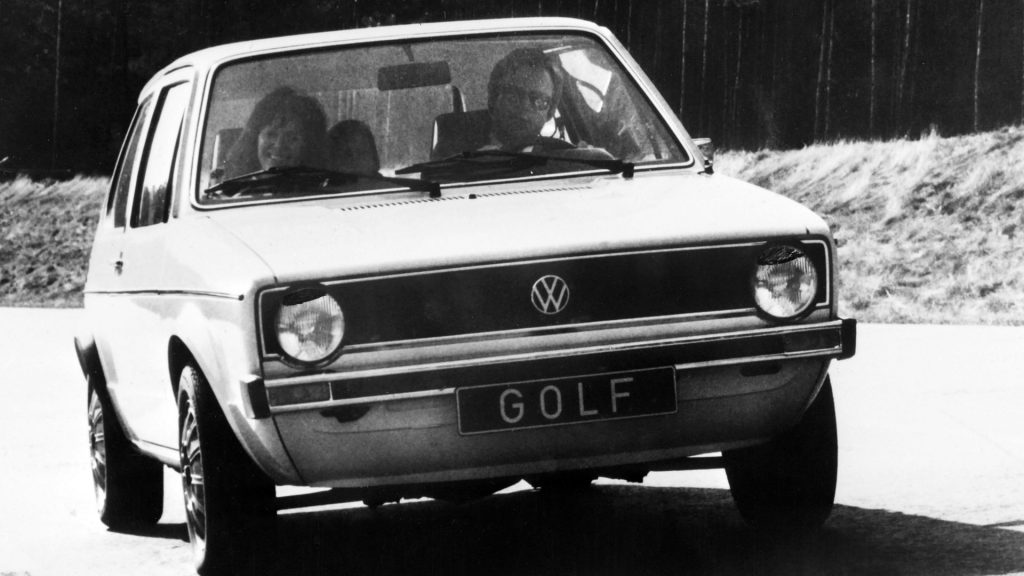
German companies operate two tier board structures which guarantee union representation via co-decision (Mitbestimmung) and seek to embed consensus. But relations can get too cosy, and that was certainly the case with VW. In a notable intervention last month, Wolfgang Porsche, spokesman for the families, criticised “fossilised structures” and unions for blocking progress.
Diess has followed up with a US-style focus on shareholder value, and an incentive scheme for senior managers linked to the firm’s share price. Among other possible moves are a spin-off of VW’s lorry division, a fresh round of cost-cutting and other moves to remove the firm’s “conglomerate discount”.
If this sounds like a dose of Anglo-Saxon capitalism, then Diess is unrepentant. He is determined to change VW’s culture from the ground-up, deploying the electric vehicle revolution as the driving force. And while some rivals like Toyota suggest sticking with hybrids is a safer strategy, Diess shows no signs of slowing down.
Diess’s adoption of standard components for electric vehicles from Audi, Porsche and other premium brands is the springboard for a single scalable system within the group. This would borrow from similar, highly efficient cross-brand production platforms pioneered by Wolfgang Piech, the pioneering head of VW, at the turn of the century.
Like Piech, Diess is an unabashed autocrat, but with a 21st century touch. He is on Twitter, he loves technobabble, and talks about cars as if they were computers on wheels. So far, the message appears to be working. VW shares have more than doubled over the past year.
So, it’s foot down on the pedal. Just no more jokes. In English – or German.
What do you think? Have your say on this and more by emailing letters@theneweuropean.co.uk

